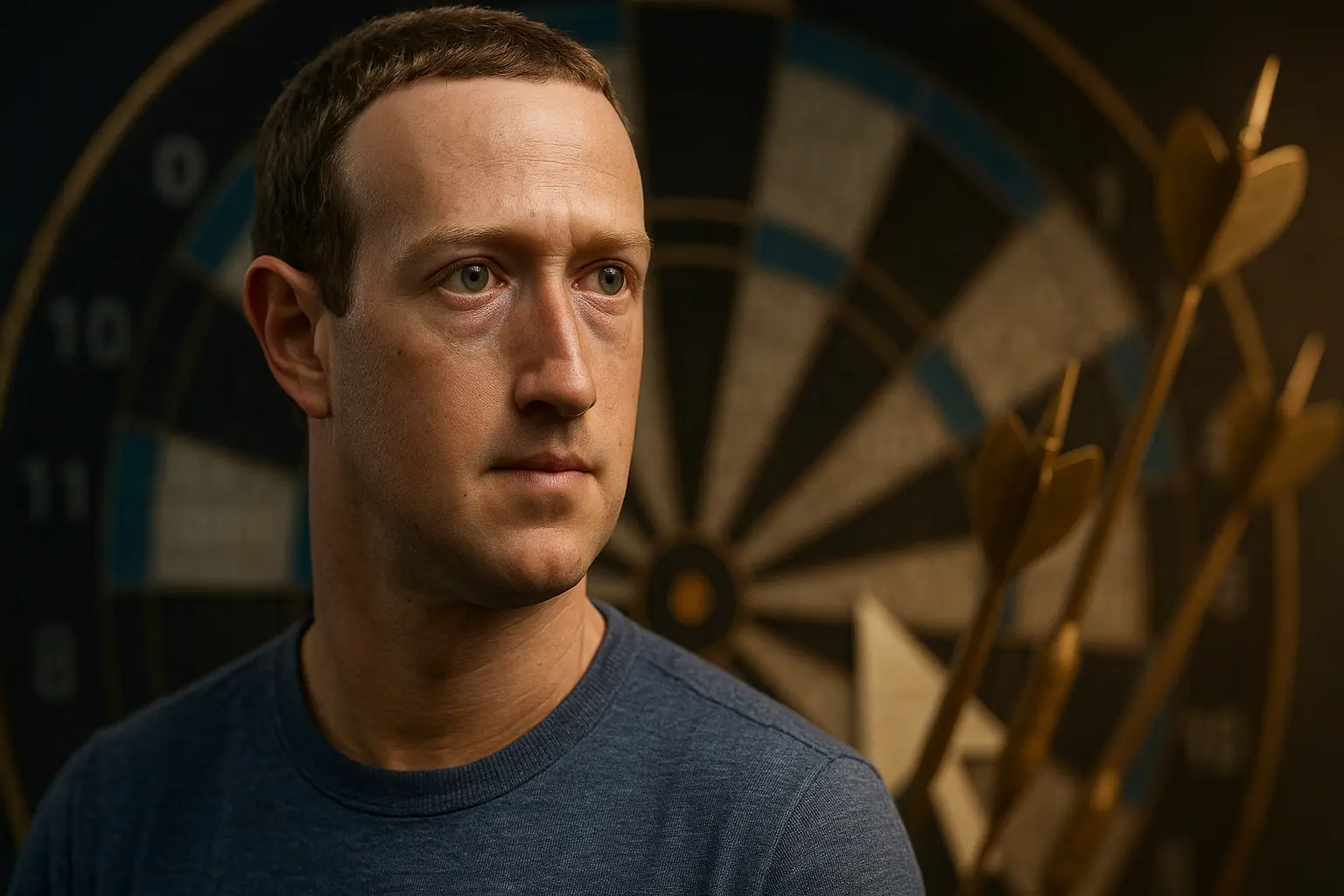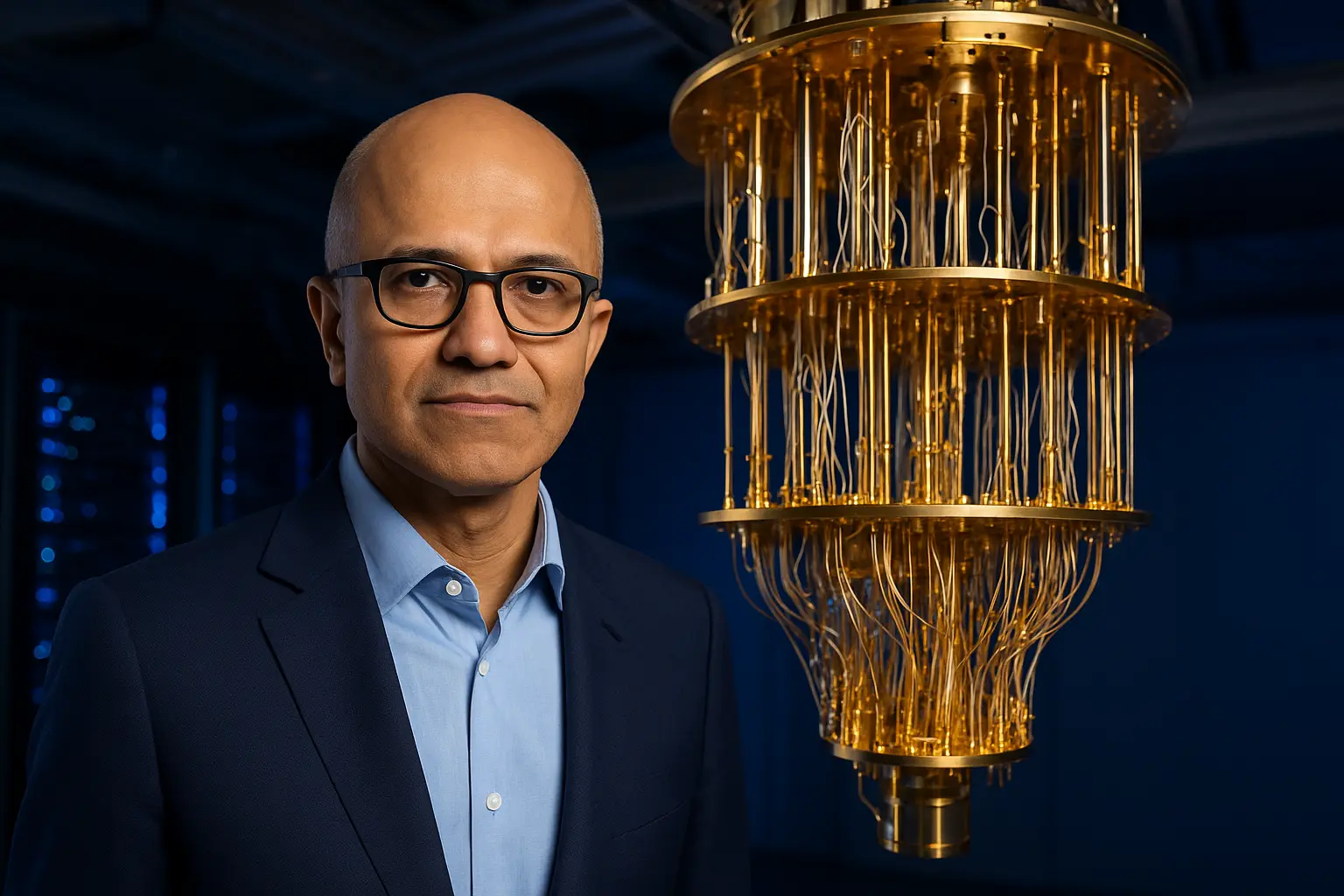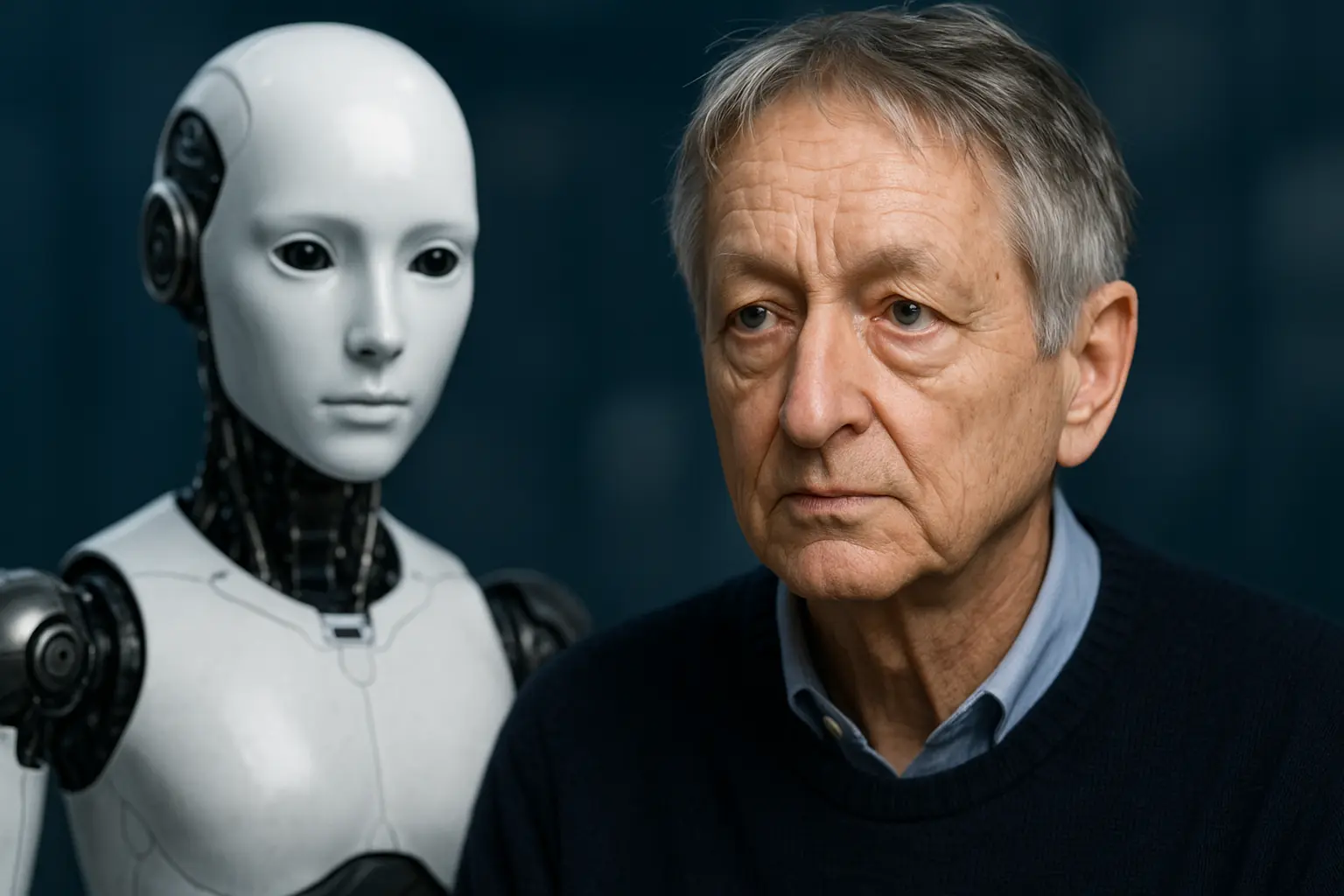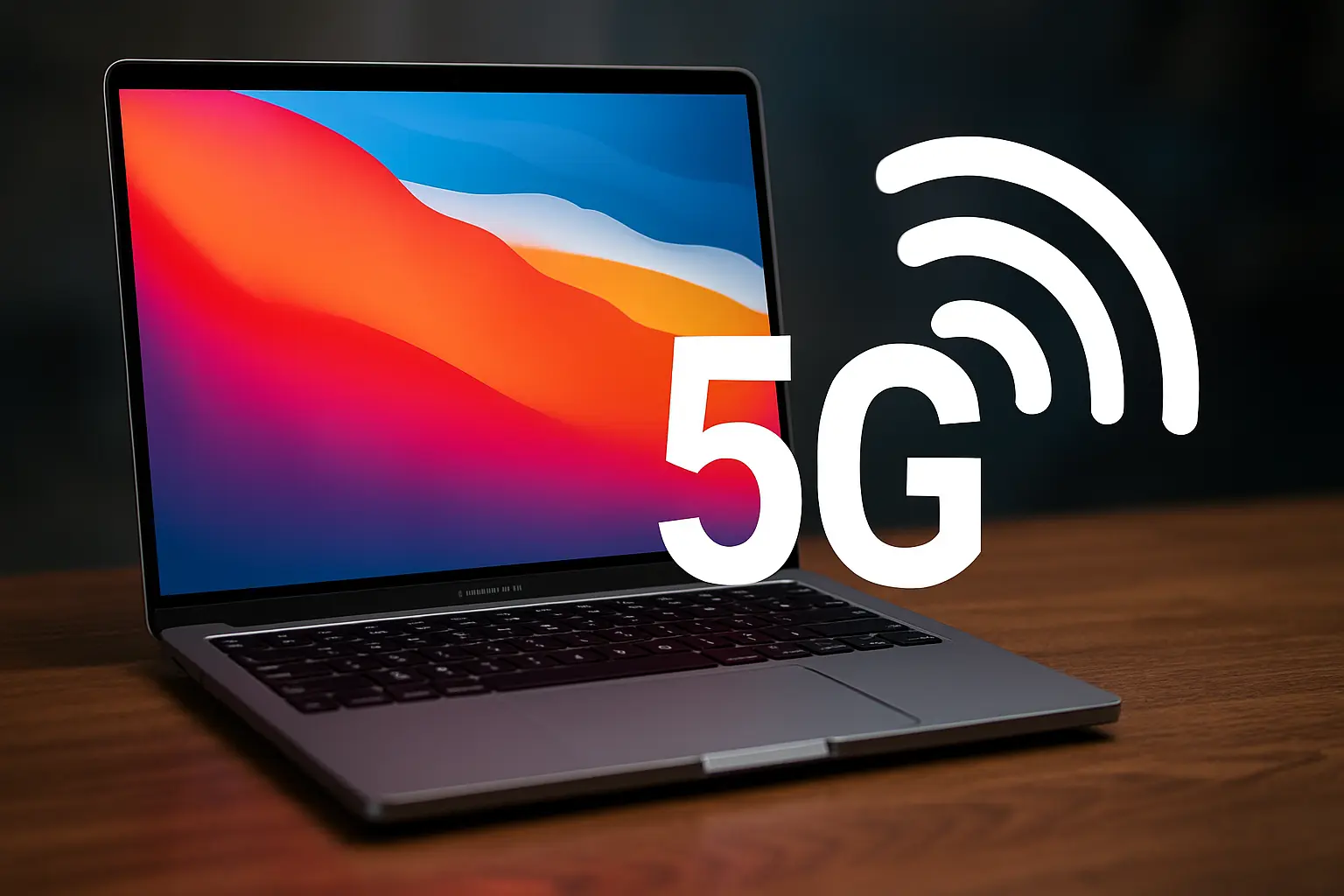Mark Zuckerberg is offering billion-dollar packages to lure top AI researchers but only a tiny group of elite talent are seeing these offers, while the rest of the tech workforce watches from the sidelines.
Zuckerberg’s Meta is aggressively pursuing high-end AI researchers, including a reported $1.5 billion offer to Andrew Tulloch over six years. The goal: dominate the race to superintelligence. Meta is especially targeting researchers from AI startups and rivals like Apple and OpenAI, hoping to gain an edge in building next-gen AI models.
But these high-stakes offers aren’t cash deals. They’re mostly structured through long-term stock options, tied to Meta’s stock performance. With Meta stock already up 28% this year and hitting record highs, some offers risk going “underwater” where the options become worthless if the stock dips.
While Zuckerberg has managed to attract talent from Apple and OpenAI, he’s still missed out on major names. A larger effort to recruit from Mira Murati’s Thinking Machines Lab failed. Even OpenAI co-founder Ilya Sutskever turned down Zuckerberg’s offer, choosing instead to build Safe Superintelligence — a company focused solely on advanced research without commercial distractions.
Meta’s massive salaries and contracts are triggering internal criticism in the AI world. OpenAI CEO Sam Altman claims Meta had to “go far down their list” to make hires and warns the company could face “deep cultural problems” from throwing money instead of offering vision.
The most elite AI minds often care more about purpose than pay. They’re drawn to research freedom, curiosity, and the chance to solve hard problems not management layers or product deadlines. That’s why places like Safe Superintelligence promise no “short-term commercial pressures” and full focus on breakthroughs.
But beyond the elite few getting Zuckerberg’s attention, the rest of the tech industry is in a different situation.
Skilled developers and software engineers are watching job opportunities shrink. The traditional tech job ladder is changing. Entry-level roles are harder to find. Many tech workers, even with years of experience, are wondering if their skills will still be relevant as AI reshapes the industry.
This isn’t the first time the tech world has seen such a talent war. Similar frenzies happened during the 1990s internet boom and early 2000s mobile tech wave. Back then, limited expertise in hot areas gave rise to hiring sprees. The same is happening again but now, AI Ph.D.s from top universities who’ve actually built advanced models are in shortest supply.
For Big Tech like Meta, spending billions on infrastructure for AI superintelligence makes buying top human brains look like a small price. But it’s also creating a divide wizards at the top win, while the broader tech workforce feels increasingly left behind.







